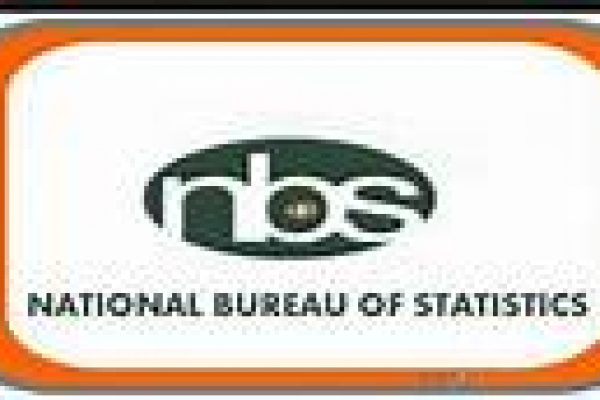The Manufacturers Association of Nigeria has said the latest inflation rate is not healthy for the well-being of Nigerians and the growth aspiration of the economy.
Recall the National Bureau of Statistics on Thursday said Nigeria’s inflation continued its increase, hitting 18.17 per cent in March, the highest the country has had in over four years.
The NBS in its March Consumer Price Index report, which measures inflation, said the index rose by 0.82 per cent points higher than the rate recorded in February (17.33 per cent).
The NBS noted that this was higher than the 14.66 per cent reported in February, while the corresponding rural inflation rate in March was 13.99 per cent compared to 13.48 per cent recorded in February.

Reacting to the latest report released on Thursday by the NBS, the Director General of MAN, Segun Ajayi-Kadri, said: “The news of rising inflation in a country that is only recovering from recession is worrisome. It is more so for the manufacturing sector that remained in recession, even after the technical exit of the country’s economy. As you are probably aware, the manufacturing sector posted a growth rate of -1.51 percent in the Q4 2020 from -1.52 percent in Q3 of the same year.
“The 18.17% inflation rate is not healthy for the well-being of the people and the growth aspiration of the economy. It should therefore be properly managed before it spirals out of control. The current inflationary condition in Nigeria adversely affects the profitability of the manufacturing sector and is partly responsible for its competitiveness. The latter being a major contributor to the low-export penetration of goods manufactured in the country into the international market.
“Clearly, there is an urgent need for Government to intentionally ensure price stability before the situation becomes deplorable.”
Ajayi-Kadri further stressed that the Federal Ministry of Finance and Central Bank of Nigeria should work more closely when designing policies that affect the real sector of the economy.
He said: “This is to prevent a situation where policies are working at cross purposes. For instance, while CBN was creating funding windows at single digit interest rate to encourage production, Government increased VAT from 5% to 7.5%. Similarly, Government increased minimum wage and also allowed increase in electricity tariff, and so on.
“Government, in partnership with the manufacturers, should select strategic products, particularly those with high inter-industry linkage, for backward integration support and upscale the drive for the resource-based industrialization agenda.
“Give priority allocation of forex to manufacturers to import inputs that are not locally available and for which there are no immediate plan or resources to produce locally. Since policies are dynamic, they could change as soon as we develop local capacity.
“Also, there are quite a number of moribund industries in the country. There should be an industrial clinic to engender their resuscitation in order to boost output and ultimately achieve price reduction.
“It is evident that there is a strong relationship between manufacturing sector growth and inflation rate, just like exchange and interest rates. Therefore, in the immediate government should assist manufacturing productivity with credit at competitive price. This could be in the form of enhancing existing special credit windows or creating additional ones for this important sector of Nigerian economy.
“There is need to give effect to these measures immediately as the current security situation and the continued incidence of COVID-19 is negatively impacting businesses and lowering their resilience capacity.”
- Ifeoma Okeke

